8 Items You Should Avoid Tossing Into Your Compost Bin
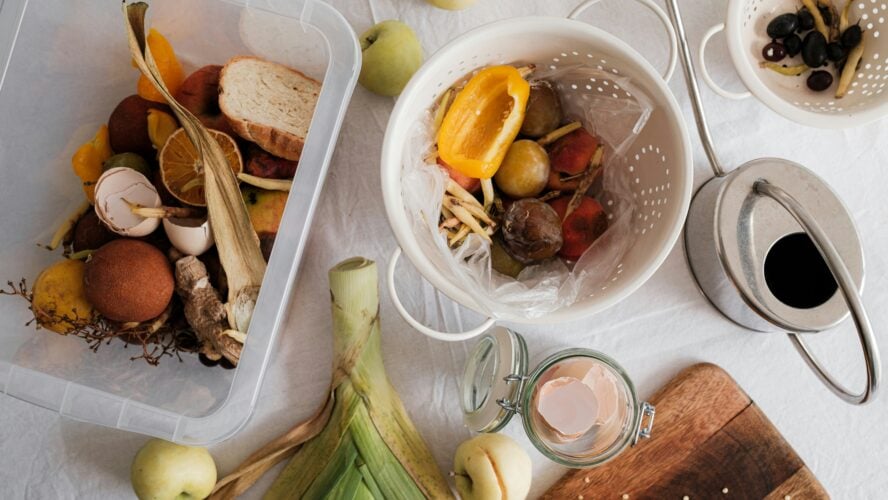
In 2024, 55% of Americans considered themselves to be home gardeners. And while you might have your containers mapped out, seeds selected, and a compost bin ready, there are things you need to know. One of the crucial things to know is what items you should avoid tossing into your compost bin.
A well-harvested compost pile is invaluable to any home garden. Good compost will improve the structure and vitality of your soil, making it easier to grow things. It also supplies key nutrients to the soil to feed your plants with the essentials they need to thrive. Composting reduces the need to water your garden as often, and it can cut back on the amount of waste you send to the landfill.
But there are rules to good composting. Things like food scraps and organic waste (leaves, coffee grinds, and the like) are fodder for a compost pile. However, other things can create excess bacterial growth and attract unwanted insects or land critters.
Here are the basic no-nos that experts at the University of Delaware recommend you avoid tossing into your compost bin.
Sign up for the newsletter to find more gardening tips and tricks.
1. Pet or Human Manure
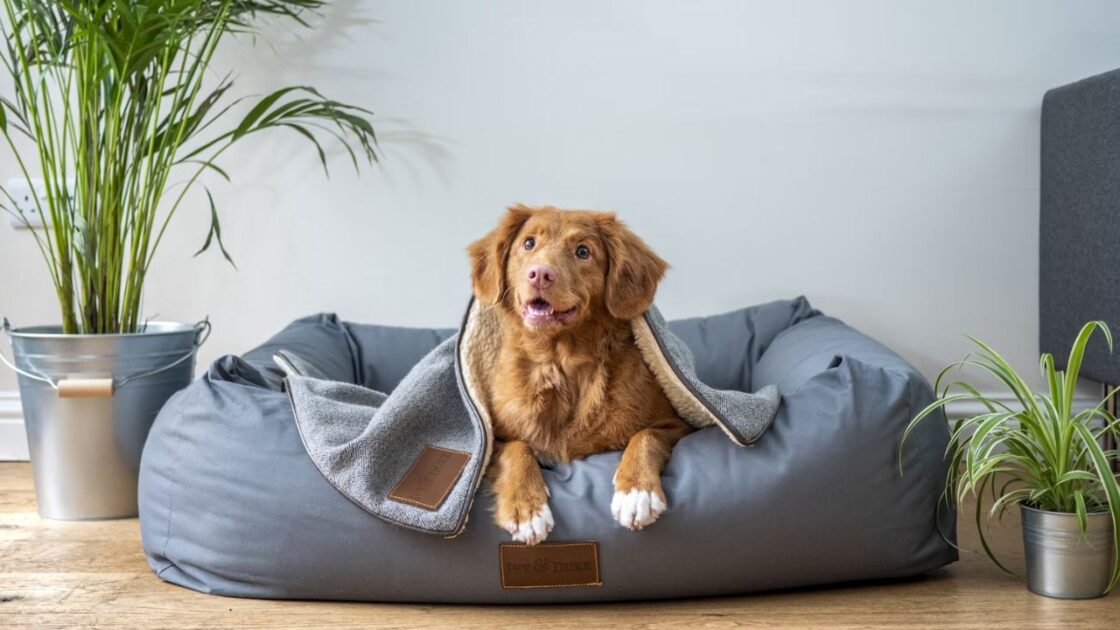
While some animal manure is great for compost, avoid feces and urine from non-herbivores. Most contain pathogens and parasites that are dangerous. If you want to compost this waste, do the appropriate research and use it for your flowers, not food.
2. Chicken, Fish, or Meat
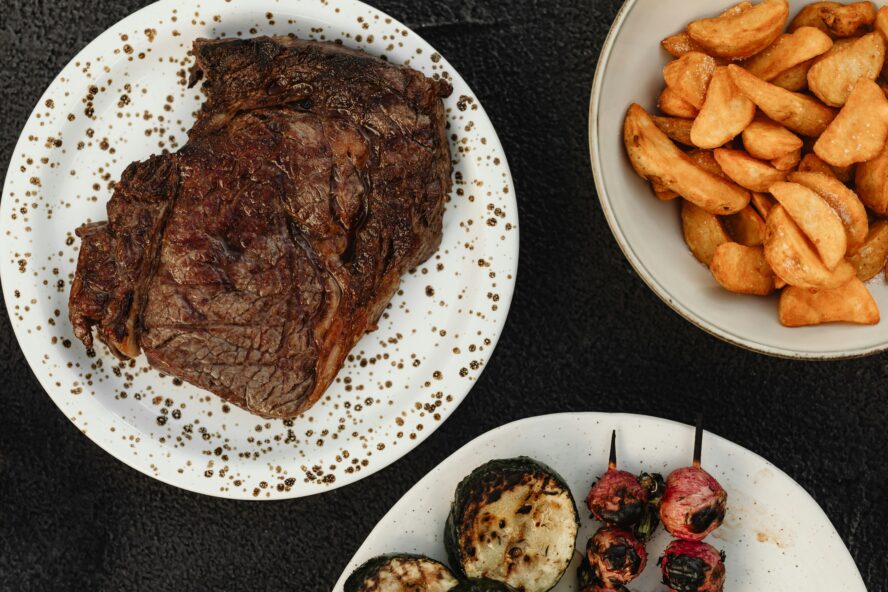
Do not put meat, fish, bones, or fat in the compost. This will attract animals. The smell of rotting meat is never something you want near your home. This is also an easy way to grow harmful bacteria in your garden.
3. Dairy Products
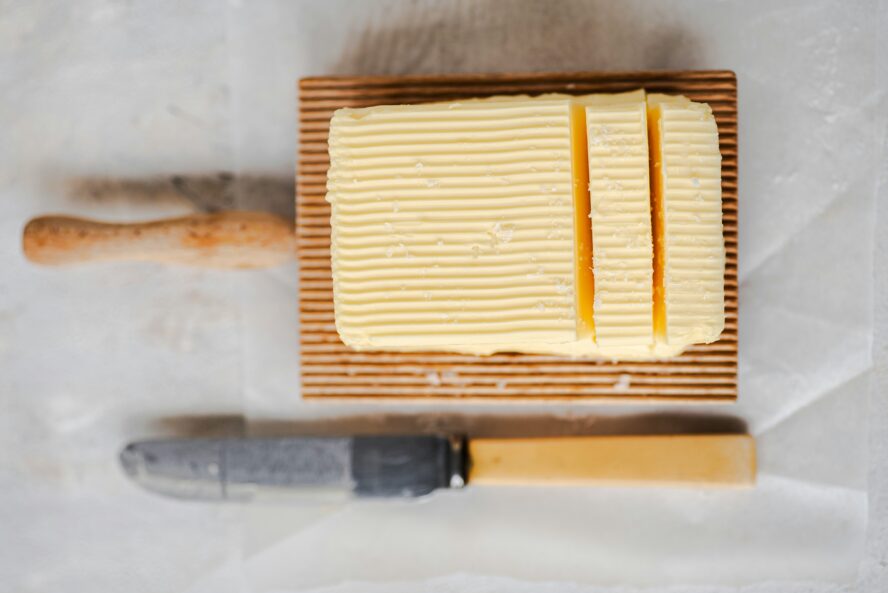
Dairy products, like milk, cheese, butter, and yogurt, are also prone to attracting insects and rodents. Unfortunately, this is another item that you should avoid tossing into your compost bin.
4. Diseased Plants

If other plants are diseased or insect-infested, then avoid tossing them in your composter, or else you’ll transfer this problem onto your vegetables.
5. Painted or Treated Wood
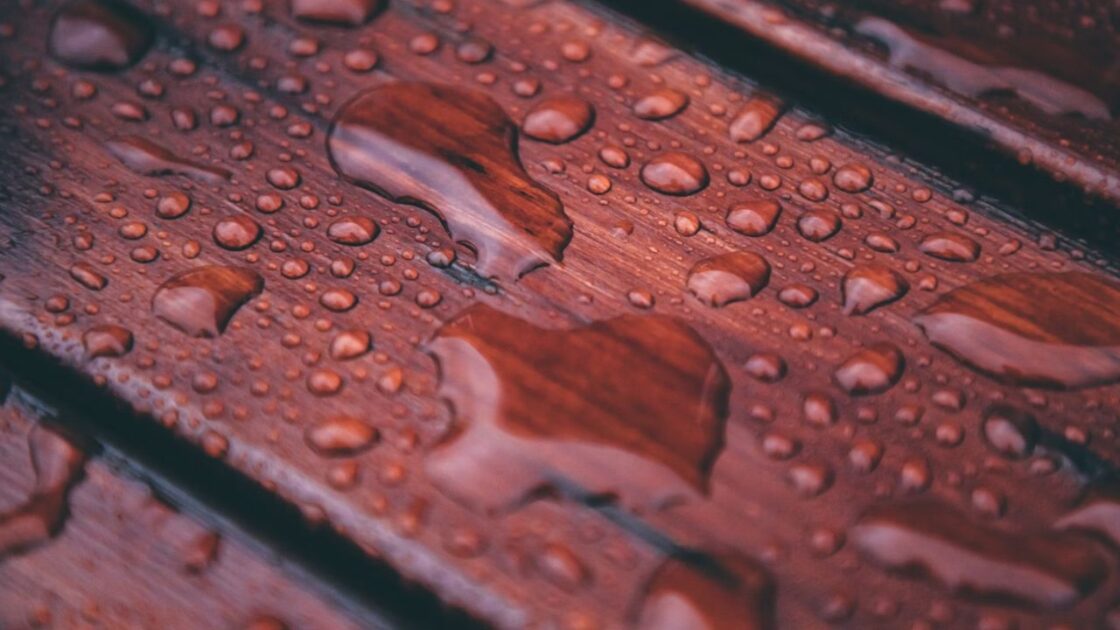
Most treated or painted wood is soaked in dangerous chemicals, which have the potential to cause cancer or other serious health concerns. Adding painted or treated wood to a composter will inhibit plant growth.
6. Bread Products
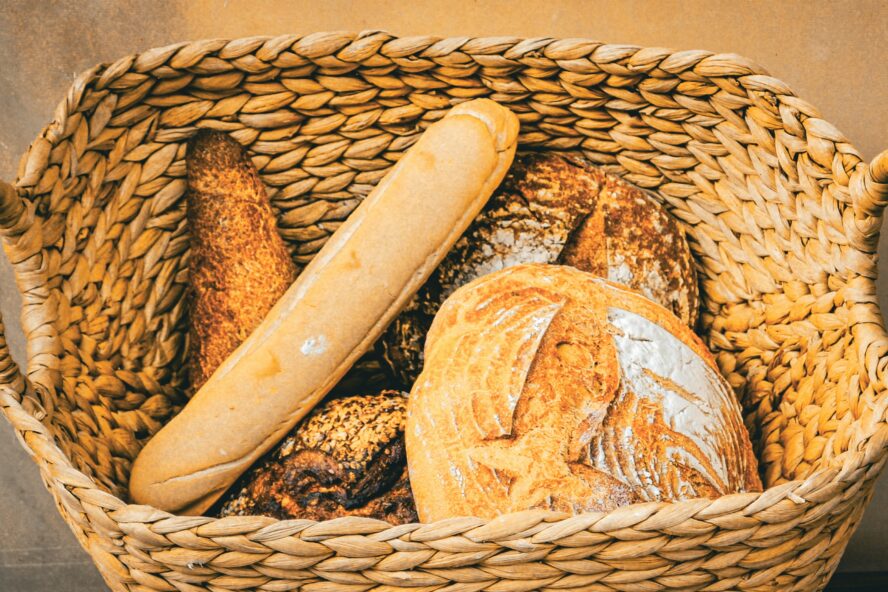
While fine in moderation, bread products like pasta, cake, and other baked goods attract rodents and other animals. Compost plain, dry bread over sweet treats, like pastries.
7. Rice
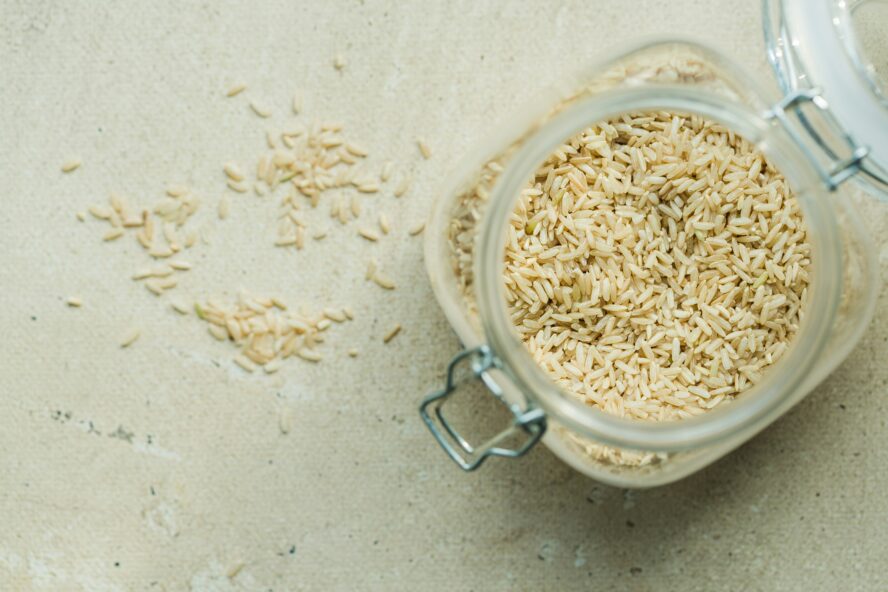
An item you should avoid tossing in your compost bin is rice, as it impedes decomposition by clumping. This will attract rodents, which will then harbor harmful bacteria.
8. Walnuts
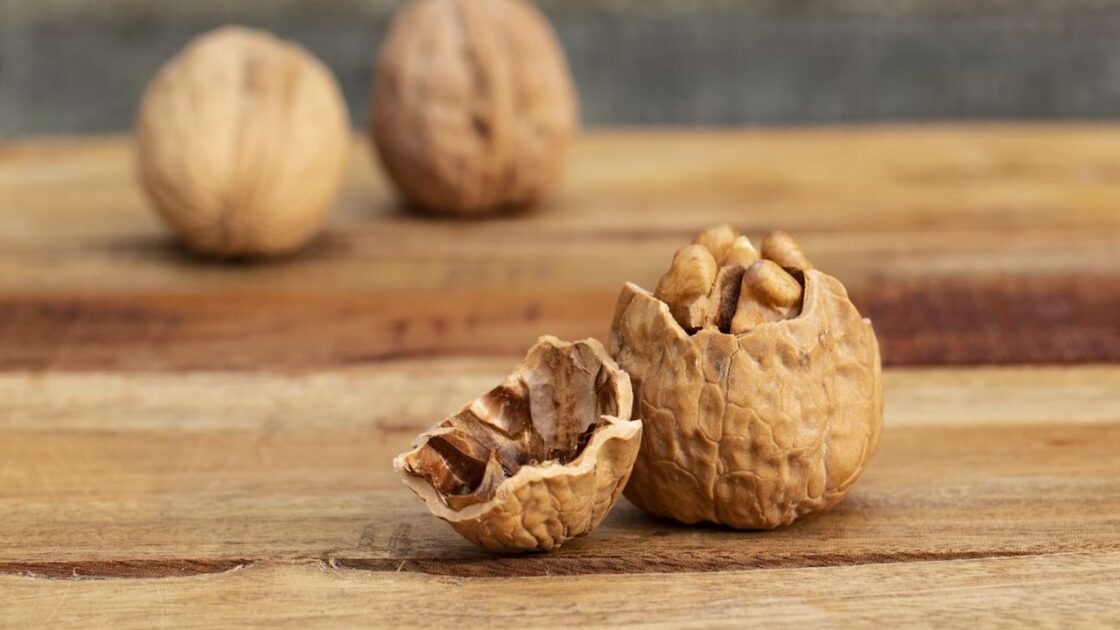
Walnuts contain juglone, which is a naturally occurring chemical that causes leaves to yellow and wilt. In high concentration, this also kills plants. All walnuts have this chemical, though black walnuts have the highest level.
Read More on Organic Authority
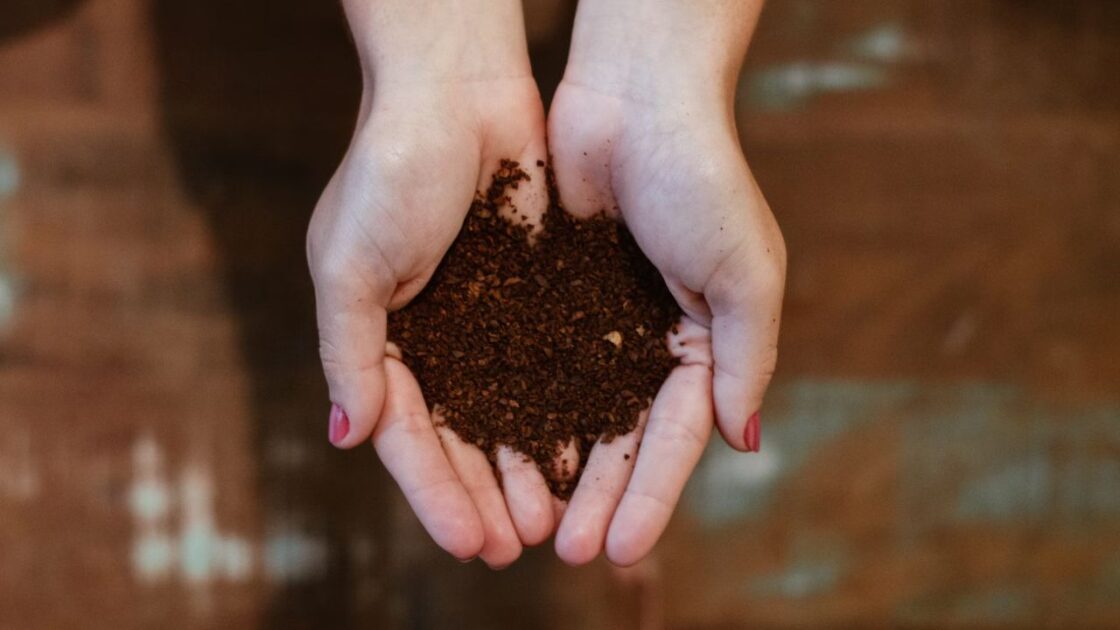
Visit the website Composting 101 to learn more. The site offers a wealth of information for beginners wanting to start their own compost.
5 Kitchen Compost Bin Options: No More Excuses!
20 Kinda Gross Things You Can Compost (If You Get Past the Ick Factor)
6 Tips on How to Avoid Compost Problems (BTW, You’re Welcome)

